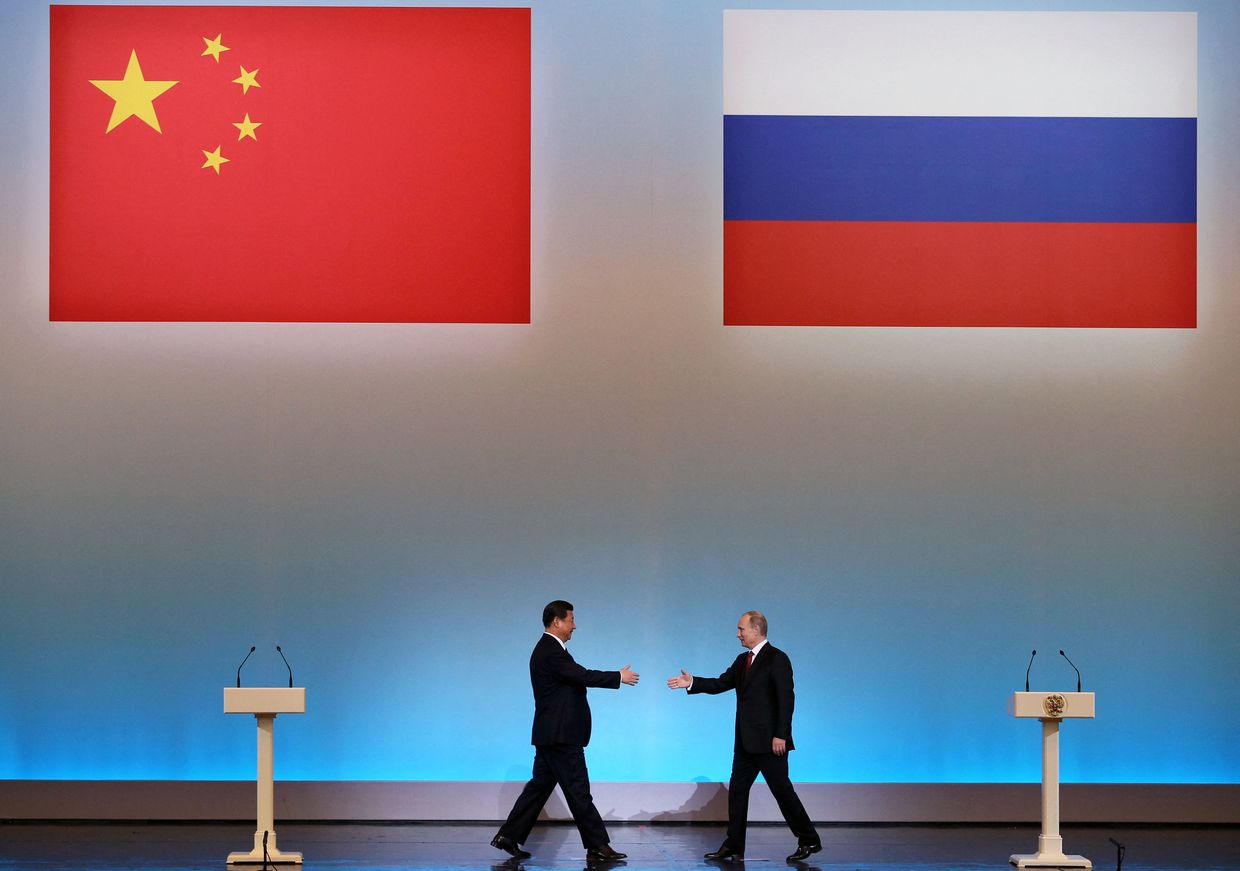Chinese banks reject about 80% of Russian yuan payments, media reports

Chinese banks are rejecting and returning about 80% of Russian payments made in Chinese yuan, the Russian state-controlled media outlet Kommersant reported on July 29, citing sources.
The U.S. and other countries unveiled a new wave of sanctions in June that targeted Russian financial institutions, as well as entities and individuals based in China and elsewhere that help Moscow circumvent the existing restrictions.
Trade between Russia and China has surged by 121% since 2021, underscoring the Chinese role as Moscow's economic lifeline. A functioning payment system is necessary for maintaining trade relations, and Russia was cut off from the international SWIFT system in 2022.
According to sources cited by Kommersant, Chinese banks routinely let Russian yuan payments delay for several weeks before ultimately rejecting them, often without providing a reason.
Russian businesses and individuals attempting to make the payments then lose money on commission and conversion fees and are unable to complete the transaction.
Russian companies doing business in China have increasingly had to rely on intermediary services that help facilitate the transfer of money and goods, which can add anywhere from 3-10% of commission-related expenses.
A source told Kommersant that such intermediary businesses account for up to 30% of payments to China.
The news is the latest in a series of reported setbacks impacting trade between Russia and China, which has seen the growing impact of Western sanctions.
Kommersant reported in June that the Russian subsidiary of the Chinese state-run Bank of China has stopped accepting payments from Russian banks.
"This is not very good news for the Russian market," a source told Kommersant.
"There will be additional costs, both in terms of time and cost of payment processing."
The Russian subsidiary of Bank of China is ranked second in terms of assets of Chinese banks operating in the Russian market, at 592.4 billion rubles ($6.8 billion) at the end of the first quarter of 2024.
The problems associated with the suspension of payments will likely "go beyond the banking sector, resulting in the state having less and less control over it, creating rising risks of fraud," a source told Kommersant.














